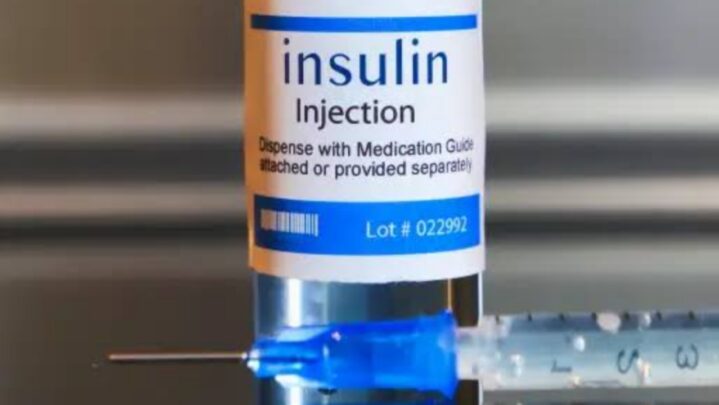The hormone which is injected into diabetics is called INSULIN. Hormones are chemical messengers of the body and hence, when insulin is injected, it issues a message to lower the blood sugar level. The chemical message inhibits glucose production and its release by the liver. It also prepares the skeletal muscles and fat cells to take up the excess glucose in the blood. When it is done with its action, the blood glucose level is stabilized. Insulin is normally produced in the PANCREAS to help in the metabolism and uptake of sugar in the blood. Owing to several factors several of which are still under study a person starts producing insulin at lower levels. Thus, insulin has to be administered externally.
However, we are aware that the majority of drugs or treatments we are subjected to require oral administration. The most popular forms of powerful medicine include capsules, pills, and syrups. One would question why commercial insulin, which has been available for decades, cannot be administered orally.
Why can’t insulin be taken by mouth?
While research into oral insulin is ongoing, the fundamental limitation of ingesting insulin is its nature. Insulin is classified as a PEPTIDE hormone. Its biological structure is made up of a chain of AMINO ACIDS. Nonetheless, it has the biological function of a hormone. If insulin had acted as a catalyst rather than a messenger, it would be referred to be an ENZYME. When attempting to take insulin, the biggest hurdle is enzymes. Because the major function of the mouth is to swallow food, enzymes line the whole DIGESTIVE TRACT. These enzymes can degrade carbohydrates, lipids, and, most crucially, proteins. The mechanism of action of enzymes is that the SUBSTRATE (the main molecule) is picked up by the enzyme and transformed into a product through a series of chemical reactions.
Credits: Curiosity Unlocked
Also Read: What Is Type 1 Diabetes?





